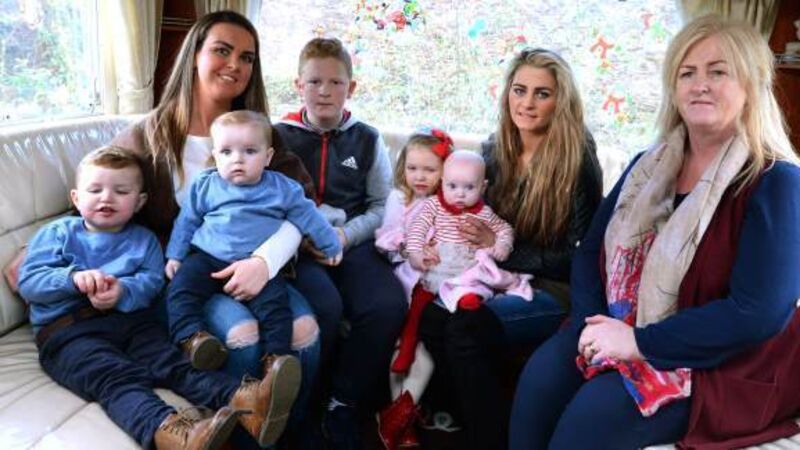Where Santa comes down the skylight... Christmas with the 'forgotten travellers' of Cork

IT’S LASHING rain and the deep wet muck that surrounds the gleaming caravan is clinging to our shoes. We kick them off, then huddle together inside.
The Cork born grand-matriarch that is Bridget (Bridgie) O’Reilly, is warm, engaging and quietly philosophical.








